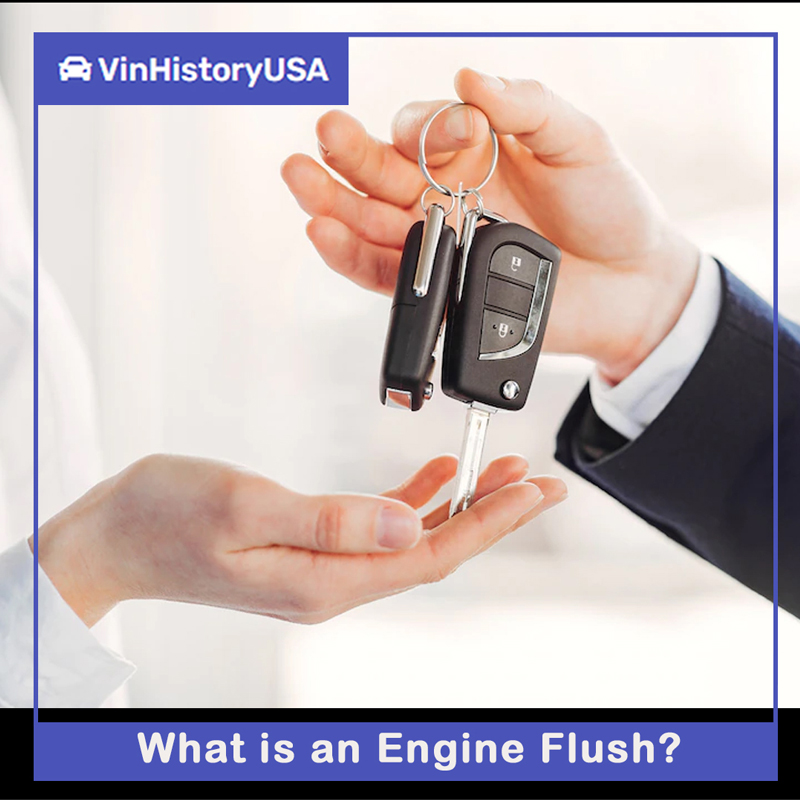After doing a classic car VIN lookup before buying the used car, the second thing that comes to mind is Engine Flush. But what is it? Well, A engine oil flush cleanses the internal parts of the engine of any excess oil, dirt, and sludge build-up over time. A tiny amount of oil is taken out of the engine. Then a nonsolvent flushing chemical, which is designed to break down carbon deposits inside the engine is introduced to the engine. The vehicle is driven for a test drive so that it can run the chemical through the engine.
Should You Get an Engine Flush?
In the majority of cases, there is no need for an oil flush for your engine as long as your vehicle is in good running order and you are following guidelines for maintenance. While your engine might not need an oil flush at the moment, you should keep track of when the most recent oil flush is scheduled. Make use of this time to do some study.
The lifespan of vehicles is no longer because of technological advances. Many cars require basic oil changes every now and then often, instead of complete flushes. However, if you own an automobile with more than 150,000 miles the chances are that your engine will require the flushing of its oil. This is especially true if are constantly required to refill your car with oil. If you bought a good used vehicle with the help of vehicle title lookup, you may already have everything you need.
Always consult a mechanic prior to making a decision to perform an engine wash. It is possible that they are harmful to older vehicles where sludge is strengthening worn gaskets and seals. In these cases, the flush may dissolve the sludge and lead to the leakage of oil out of the engine. This is more serious than the lower performance caused by the buildup of sludge.
Benefits of a Vehicle Flush
Better fuel economy: If sludge and other contaminants rise and the engine’s performance suffers, so does oil’s viscosity. The more dense oil could cause resistance and wear, which requires the engine to perform more efficiently. In the end, your fuel efficiency will decrease and your engine will be sluggish.
Improved emission control: Carbon deposits and other contaminants could create a situation where piston rings get stuck. The deposits can result in damage to piston rings as well as the walls of the combustion chamber. This means that the oil will find its way through these areas before entering the combustion chamber leading to excessive use of oil as well as burned oil to be released into your exhaust emissions.
Disadvantages of Engine Flush
However, the removal of unneeded deposits and sludge could also be a motive not to conduct the engine flush. For instance, older, high-mileage engines that have accumulated sediments may depend on the sludge for covering gaps and cracks in seals that are worn out. After the sludge has gone, fresh oil can pass through the cracks, allowing oil to leak into as well as out. In order to avoid these issues, make sure you lookup the car using VIN Number. It will provide you with good vehicle, but as we have mentioned before, make sure you consult with a mechanic before making any decision.

